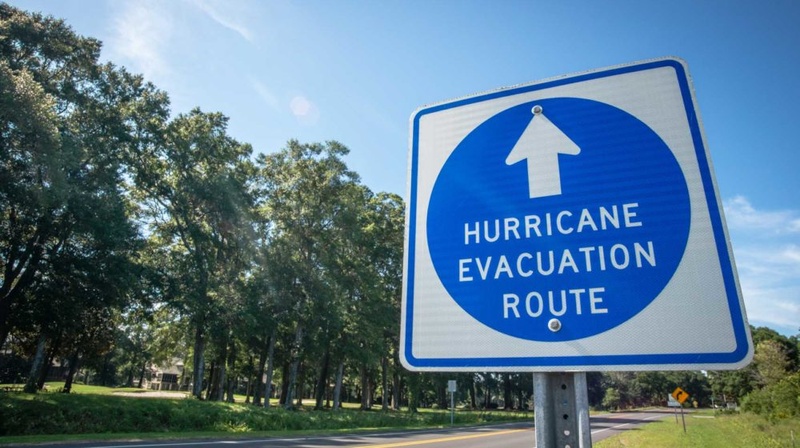
Hurricane Preparedness for Florida Homeowners: A Comprehensive Guide
This comprehensive guide for Florida homeowners covers hurricane preparation, including understanding hurricane season, minimizing landscape damage, and planning ahead. Discover how to protect your home and property with tips on tree care, securing outdoor items, and creating an emergency plan. Stay informed, prepared, and safe.
Living in the Sunshine State comes with its fair share of perks – beautiful beaches, picturesque sunsets, and a mild climate all year round. However, as a Florida homeowner, you must be prepared for the annual hurricane season. This guide will help you understand the risks associated with hurricanes, provide tips on minimizing landscape damage, explain preventative tree care, and suggest ways to plan ahead.
Hurricane Season in Florida
Hurricane season in Florida typically runs from June 1st to November 30th, with the peak period occurring between August and October. During this time, Florida homeowners must stay vigilant and informed about potential storms. The National Hurricane Center provides regular updates on tropical storms and hurricanes, which can be accessed through its website, radio broadcasts, or mobile app alerts. You can make timely decisions to protect your family and property by staying informed.
Minimizing Landscape Damage
Your property’s landscape can either be an asset or a liability during a hurricane. By taking preventive measures, you can minimize potential damage to your home and surroundings. Here are a few tips to help you prepare your landscape for hurricane season:
- Trim trees and shrubs regularly, especially those close to your home or power lines. This will reduce the likelihood of branches falling and causing damage during a storm.
- Remove any dead or weak trees from your property. These are more likely to break or uproot during high winds.
- Secure outdoor furniture, decorations, and other items that could become projectiles in strong winds. Store them in a garage or shed when a hurricane is approaching.
- Consider installing wind-resistant features in your landscape, such as reinforced fencing and breakaway walls.
Year-Round Tree Care for Hurricane Preparedness
Proper tree care is an essential component of hurricane preparedness for Florida homeowners. Healthy, well-maintained trees are more resilient to high winds and less likely to cause damage to your property. Here are some tree care tips to help you prepare for hurricane season:
- Regularly inspect your trees for signs of disease or infestation and consult a certified arborist for treatment options.
- Prune trees to encourage a strong, well-balanced structure with a single dominant trunk and evenly spaced branches. Avoid “lion’s tailing” or over-thinning, which can make trees more susceptible to wind damage.
- Remove any co-dominant leaders or branches with weak attachments, as these can split or break during a storm.
- Ensure proper tree planting techniques are used, as trees with shallow root systems are more likely to topple during a hurricane. Plant trees in well-draining soil; avoid planting them too deeply or too close to your home or other structures.
- Mulch around your trees to maintain soil moisture and improve root growth, but avoid piling mulch against the trunk, as this can lead to decay. A layer of 2-4 inches of organic mulch is typically sufficient.
Investing time and effort into proper tree care can help keep your trees from becoming hazards during hurricane season.
Planning Ahead
The key to hurricane preparedness is having a solid plan in place before a storm hits. Here are some essential steps to follow when creating your hurricane preparedness plan:
- Establish an emergency communication plan with your family. Make sure everyone knows how to reach one another and where to meet if you are separated.
- Build an emergency kit with essential items such as non-perishable food, water, medications, flashlights, batteries, and a first aid kit.
- Review your insurance policies to ensure you have adequate coverage for hurricanes and floods. Keep important documents, such as insurance papers and property deeds, in a waterproof container or safe deposit box.
- Familiarize yourself with local evacuation routes and shelters. In the event of an evacuation order, leave as early as possible to avoid traffic and road closures.
Hurricane preparedness is an ongoing process for Florida homeowners. By understanding the risks, minimizing landscape damage, and planning ahead, you can significantly reduce the impact of a hurricane on your life and livelihood. Stay informed, stay prepared, and stay safe during hurricane season.